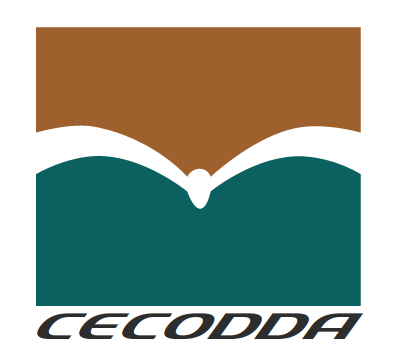CROS, ARSO and PIFS - Targeted assistance to strengthen regional trade-related quality infrastructure through intra ACP partnerships
Posted on: December 10, 2019

The TCII Programme is promoting, through the programme “Targeted assistance to strengthen regional trade-related quality infrastructure through intra ACP partnerships – CROS (CARICOM Regional Organisation for Standards and Quality), ARSO (African Organisation for Standardisation) and PIFS (Pacific Islands Forum Secretariat)”, intra-regional quality infrastructure agreements in support of market access and supporting the development of an optimized quality infrastructure in the Pacific region for enhanced trade competitiveness.
As part of this programme, a 5-days Pacific Quality Infrastructure Initiative Regional Workshop was held in Nadi – Fiji, from 02 to 06 September 2019.
South-South sharing of good practices played an important role at the workshop thanks to the partnership established between the PIFS and CROSQ, one of the implementing partners of the programme. The Fiji’s Department of National Trade Measurement & Standards (DMTS), the Papua New Guinea’s (PNG’s) National Institute of Standards and Industrial Technology (NISIT) and the Vanuatu Bureaus of Standards (VBS) were also invited to share their experiences to the benefit of other Forum Island Countries”.
During the first two days of the workshop the Team Leader Mr. Lorens Sibbesen, provided the elements of Quality Infrastructure and the many aspects (including a number of challenges) of how elements of a QI can be implemented in the Pacific.
Furthermore, he underscored that a fully-fledged QI system provides value chain participants’ confidence in tradeable products. Establishing and maintaining QI systems requires both financial and human resources, political support, creating a quality culture, and localization of QI systems to the unique needs of countries and regions. For example, whilst in developed countries conformity assessment functions are mostly undertaken by the private sector, in developing countries the public still play an important role in the assessment of conformity.
The workshop discussed in detail the five components of QI, namely: Policy, Legal and Regulatory Framework; Standards; Metrology; Accreditation; Conformity Assessment; and Quality Promotion and brought together over 80 participants, including government officials and private sector representatives from Forum Island Countries (FIC), international, regional, and national organizations playing a leading role on QI, and donor partners.
The “break-out sessions” (under session XIII in the program) gave a good opportunity for the participants to discuss the thoughts and learnings from the first two days’ introduction to the elements of QI and the challenges related to implementing these elements in a diverse region as the pacific region. During the presentations of the summaries from the various groups and the following discussion in plenary, it became clear, that although the countries in the Pacific have established a regional organization as the PIFS, the 16 different countries in the region have very different needs and face different challenges.
One of the repeatedly highlighted challenges to overcome is the lack of awareness in relation to quality and QI. This is not only the case out in the rural areas among the small MSMEs but also on the political level among government members and regulators, who will be responsible for taking the initiative on formulating the quality policy for their country. The inputs from CROSQ both in relation to setting up a regional metrology structure, and in relation to aiming at creating a quality culture very much contributed to the debate on this important issue. Mr. Deryck Omar, CROSQ, underlined the importance of including “Quality Promotion” as an integrated pillar in a Quality Infrastructure (along with Standards, Metrology, Conformity Assessment and Accreditation). This would lead to a better understanding of quality and eventually an integrated Quality Culture in the society as an important basis for a well-functioning Quality Infrastructure.
Another major challenge in developing countries like in the Pacific region, is the fact that all the countries face major challenges in relation to having the optimum resources (both economy, physical infrastructure and knowledge) to effectively establish the various elements of a well-functioning QI. Cooperation and sharing of capacities between the countries in the region could seem on a number of areas obvious and this approach can possibly help meet the physical challenge of long distances between the countries and poor regional transportation infrastructure.




